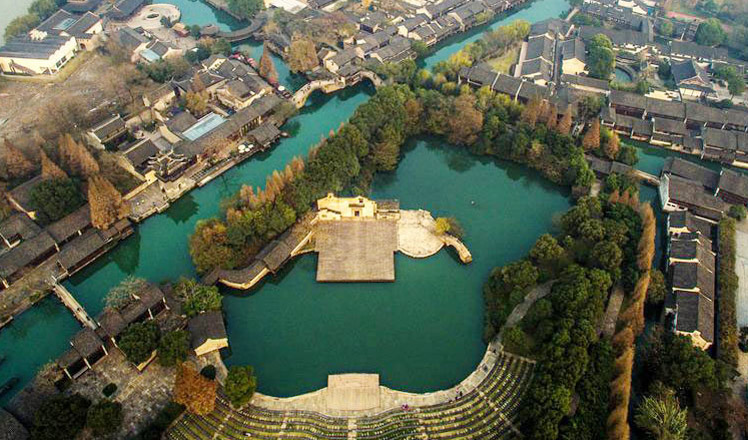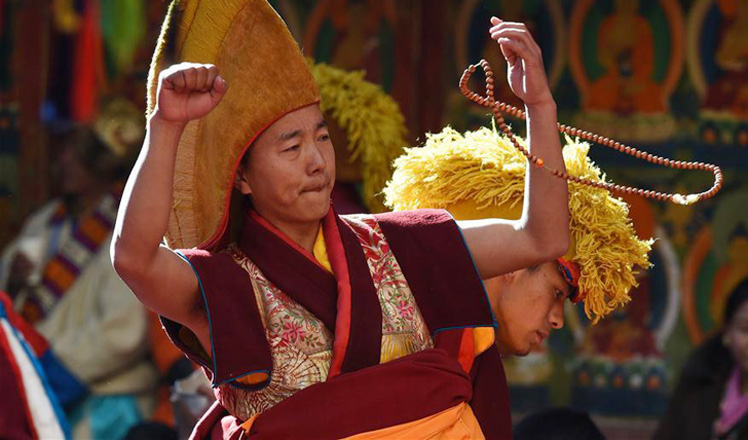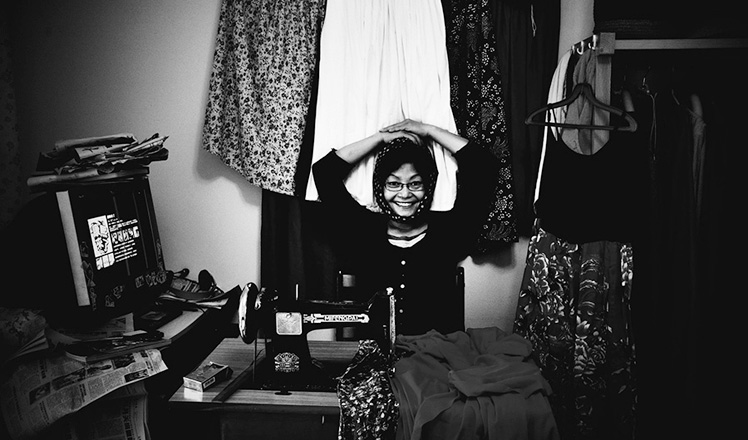Integration of migrants in spotlight
Updated: 2015-12-10 07:58
By Zheng Yangpeng(China Daily)
|
||||||||
Conference on city life likely to address gaps in rights of rural workers who live far from home
How to effectively remove the barriers that prevent migrant workers and their families from fully settling in cities will be at the top of the agenda at China's forthcoming Central City Work Conference.
The conference is expected to be added to the series of top level strategic planning meetings this month. The last time it was convened was in late 1978.
The conference will convene after 37 years because some sticking points in the national urbanization campaign warrant a quick reaction, said Wang Hui, a professor of urban economy and public administration at Capital University of Economics and Business in Beijing.
The focus of the conference will most likely be to help migrant workers become urban residents with full-fledged rights, said Pan Jiahua, director of the Institute of Urban and Environmental Studies at the Chinese Academy of Social Sciences.
Over the past 10 years, China's urbanization and urban economy have been powered mainly by the influx of migrant workers from rural areas.
But one consequence of the aging of China's population is that fewer young migrant workers arrive in cities to replace older ones who return to their villages to retire.
The National Bureau of Statistics has reported that overall urban employment saw zero growth in the first three quarters of this year.
Pan said that by helping migrant workers and their families settle down and enjoy all the rights urban workers deserve-in particular, unemployment insurance and a right to job-related training cities will obtain a larger labor force and more consumers. "But it won't be an easy task," Pan said.
Since the Chinese leadership decided in 2013 to reform the more than 50-year-old urban household registration system, or hukou, changes have taken place in the third- and fourth-tier cities, but not in the larger ones.
"And it's the larger cities, not the smaller ones, that migrant workers are more willing to settle in," Pan said.

Integrating non-hukou holders into urban life is critical to reducing the long-standing deep urban-rural divide and to ensuring a successful transition to a consumption-driven economy, experts said.
They have welcomed the proposal in the draft of the 13th Five-Year Plan (2016-20) to link the number of migrant workers who have settled in a city to the urban construction land that the local government is allowed to use.
President Xi Jinping recently underscored the importance of migrant workers' resettlement in a speech in which he pledged to "push forward the transformation of migrant workers and increase the proportion of people with urban hukou".
At a recent forum held by Urban China Initiative, a think tank, Xu Xianping, former vice-chairman of the National Development and Reform Commission, said that the average monthly income of migrant workers last year was 2,864 yuan ($445), while the average expenditures amounted to just 944 yuan, about one-third of their earnings. A large part of their savings was sent back to their rural homes, where most still hope to return after working in cities.
Of the more than 250 million migrant workers, 170 million seek jobs far from their local areas. Many who go to cities to find work leave families behind in their villages, including some 40 million women and elderly people and 60 million children.
zhengyangpeng@chinadaily.com.cn
(China Daily 12/10/2015 page3)
- People exit rebel-held area in Syrian peace deal
- Two DPRK music groups to perform in China
- False bomb alert prompts security measures at Mexico City airport
- Russia fires missiles at IS positions
- US House passes bill to tighten visa waiver program
- Obama, Modi vow to secure 'strong' climate change agreement

 AP photos of the year 2015
AP photos of the year 2015
 Miss World contestants visit welfare center in Hainan
Miss World contestants visit welfare center in Hainan
 Giant pandas brave the cold by settling in freezing north
Giant pandas brave the cold by settling in freezing north
 World Internet Conference host Wuzhen: Charming water town
World Internet Conference host Wuzhen: Charming water town
 7 half-pound mutts become first test-tube puppies in world
7 half-pound mutts become first test-tube puppies in world
 Panchen Lama enthronement 20th anniversary celebrated
Panchen Lama enthronement 20th anniversary celebrated
 Printer changes the chocolates into the 3rd dimension
Printer changes the chocolates into the 3rd dimension
 Think all Chinese dama do is dance, buy gold? Think again
Think all Chinese dama do is dance, buy gold? Think again
Most Viewed
Editor's Picks

|

|

|

|

|

|
Today's Top News
Shooting rampage at US social services agency leaves 14 dead
Chinese bargain hunters are changing the retail game
Chinese president arrives in Turkey for G20 summit
Islamic State claims responsibility for Paris attacks
Obama, Netanyahu at White House seek to mend US-Israel ties
China, not Canada, is top US trade partner
Tu first Chinese to win Nobel Prize in Medicine
Huntsman says Sino-US relationship needs common goals
US Weekly

|

|







